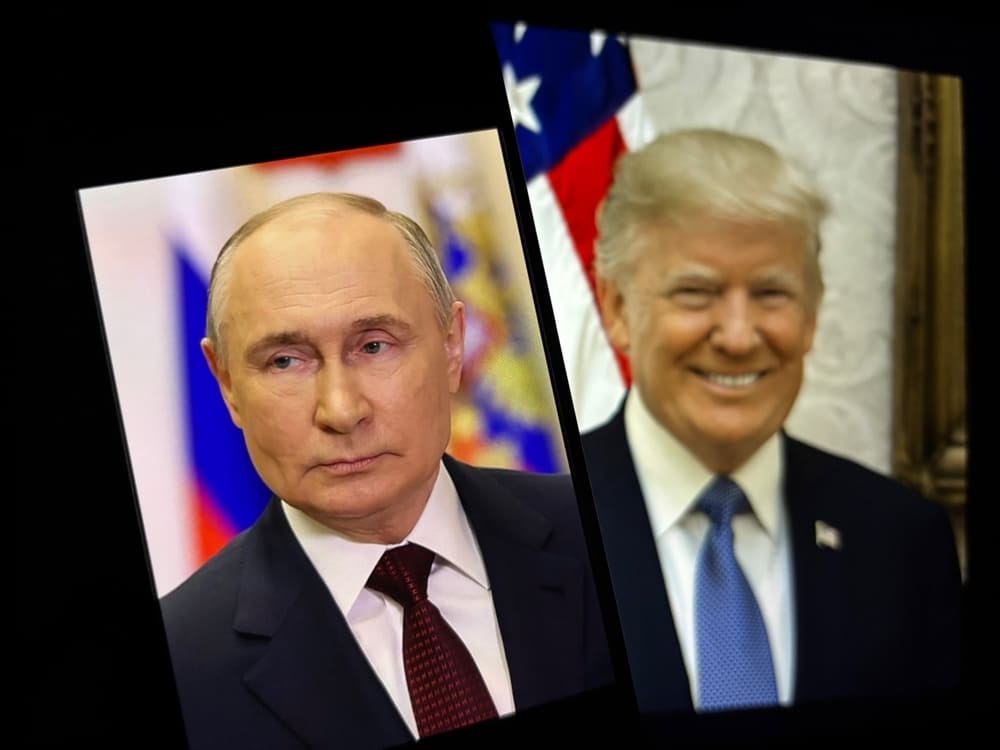Between peace and like there is only a phoneme, a phoneme that creates a relationship of musical, almost playful alliteration, but at the same time digs up abysmal political and cultural differences. I have heard it and I have read it, one of the authoritative voices in last Saturday’s great square in Rome for Europe said that not all peace can be accepted. Brutally translated, if peace in Ukraine bears Trump’s signature we, that is, the mainstream and radical ideological part of that square, cannot accept it.
To continue the sign game from the beginning of this piece, the slogan could be: No peace if we don’t like it. It would mean that the narcissism of viewpoints outweighs the objective analysis of the issue.
Let’s say Trump and Putin talk to each other this week, let’s say the czar accepts the ceasefire plan in the meantime, let’s say this is the first concrete step, after three years in which peace has been entrusted to the Western oxymoron of aid with arms, toward ending the war, do you know what this means on an objective level? That after hundreds of thousands of lives sacrificed on one side and the other, no one will die anymore.
That the violence, horror, bloodshed, and devastation of every conflict finds an end, given the importance we are giving to words.
Of course in every diplomatic agreement there are winners and losers, sacrifices and frustrations, things that are digestible and others less so. What is important, however, is that on the Great Ukraine Slaughterhouse we put the closed sign. The real issue is to tell the citizens and the public as much as possible about the objectivity of things, while democratically respecting the various ideological subjectivities. The right of criticism applies even in complex situations like these, but without losing sight of the reality of things.
Real politik, always to travel on the agreements and disagreements of words, is not done in good living rooms, but in the halls of power, political, military and economic. There are dozens of analysts who have been reminding for a long time that any possible peace can only begin with the crystallization of power relations on the ground, that is, on the 1,200 kilometers of the Donbass border, that long line that has swallowed so many lives and where the Western Army has failed, in the sense that it has failed to push the Russians back out of the 2022 borders. Then if someone wants to propose Donald Trump for the Nobel Peace Prize someday, assuming things go the right way, well I wouldn’t look the other way.
The article Variations on Peace comes from TheNewyorker.

